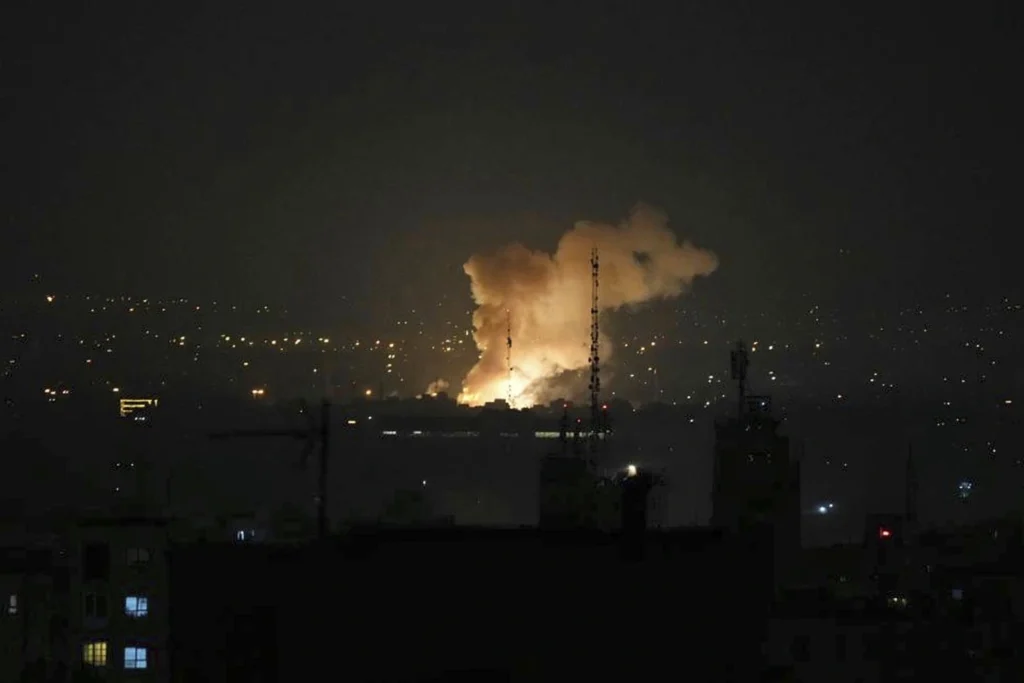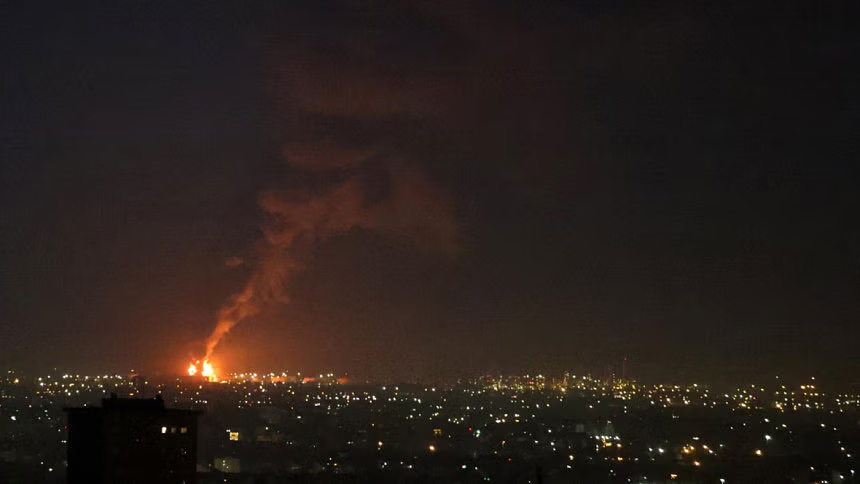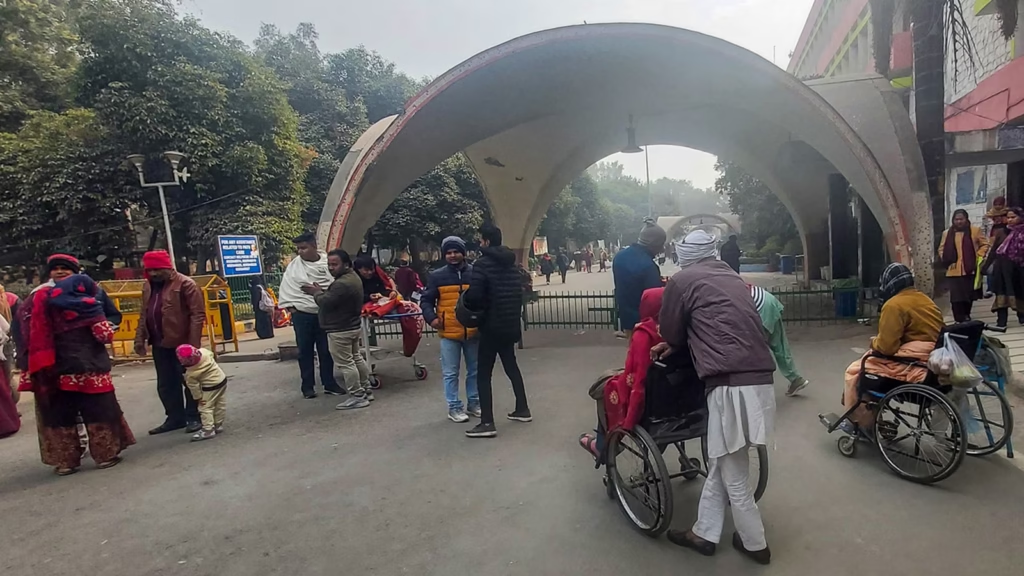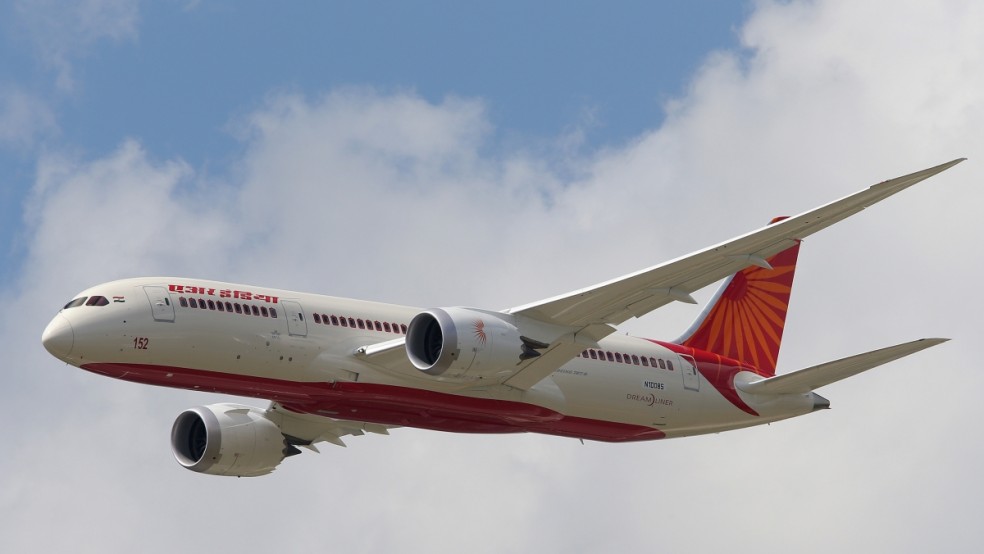Now Reading: Tensions Escalate: Iran Strikes Israel Amid Fears of Wider Conflict
-
01
Tensions Escalate: Iran Strikes Israel Amid Fears of Wider Conflict
Tensions Escalate: Iran Strikes Israel Amid Fears of Wider Conflict

Middle East tensions reached a boiling point as Iran launched a missile attack on Israel, targeting key military locations. The strike comes after days of rising hostility and has sparked international concern about a potential full-scale war. With nuclear capabilities being mentioned and both countries on high alert, the world is closely watching what could become one of the most dangerous confrontations in recent years.
Fresh Wave of Conflict
In a dramatic escalation, Iran fired a series of missiles at Israel’s military installations, including locations near Tel Aviv. According to initial reports, these missiles targeted Israeli defence facilities and airbases. The attacks came shortly after Israel conducted a limited strike near Tehran, escalating tensions that were already running high.
Iran’s move is being seen as a direct retaliation. Its state officials have claimed the attack was aimed at defending national sovereignty and deterring future Israeli aggression. Videos circulating online show air defence systems lighting up the night sky over Israeli cities.
Israel Responds Firmly
Israeli Prime Minister Benjamin Netanyahu called an emergency meeting with top defence officials, declaring that the country “will not tolerate threats to its security.” He also hinted that further military action could be taken if Iran continues its aggressive stance.
Israel has strengthened its air defences and is reportedly considering a counterstrike. Citizens in several Israeli cities were sent into bomb shelters as a precautionary measure, while flights were temporarily diverted from key airports.

Fear of Nuclear Tensions
What makes the current situation more alarming is the mention of nuclear threats. While no official statement has confirmed any use or immediate threat of nuclear weapons, both sides have issued strong warnings. Iran’s recent enrichment of uranium and Israel’s long-held nuclear ambiguity have raised global concern.
Several international leaders have appealed for restraint, urging both nations to return to diplomatic channels. However, the ongoing cycle of attack and retaliation appears far from over.
Impact on India and Global Concerns
India, with strong diplomatic ties to both Israel and Iran, is closely monitoring the developments. Officials in Delhi have expressed concern about the safety of Indian nationals in both countries. Given the large Indian diaspora in the Gulf region, any prolonged conflict could also impact trade routes, oil prices, and overall regional stability.
For residents of Tier 2 cities in India, such as Nagpur, Indore, or Surat, the ripple effect may come in the form of fuel price hikes and stock market fluctuations. Travel advisories are also expected to be updated if the situation worsens.

Conclusion
The Iran-Israel conflict has once again put the Middle East on edge, with wider implications for global peace and security. While both countries justify their actions as defensive, the risk of a broader war remains real. As the world urges de-escalation, the coming days will be crucial in determining whether diplomacy can prevail over destruction.

























